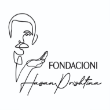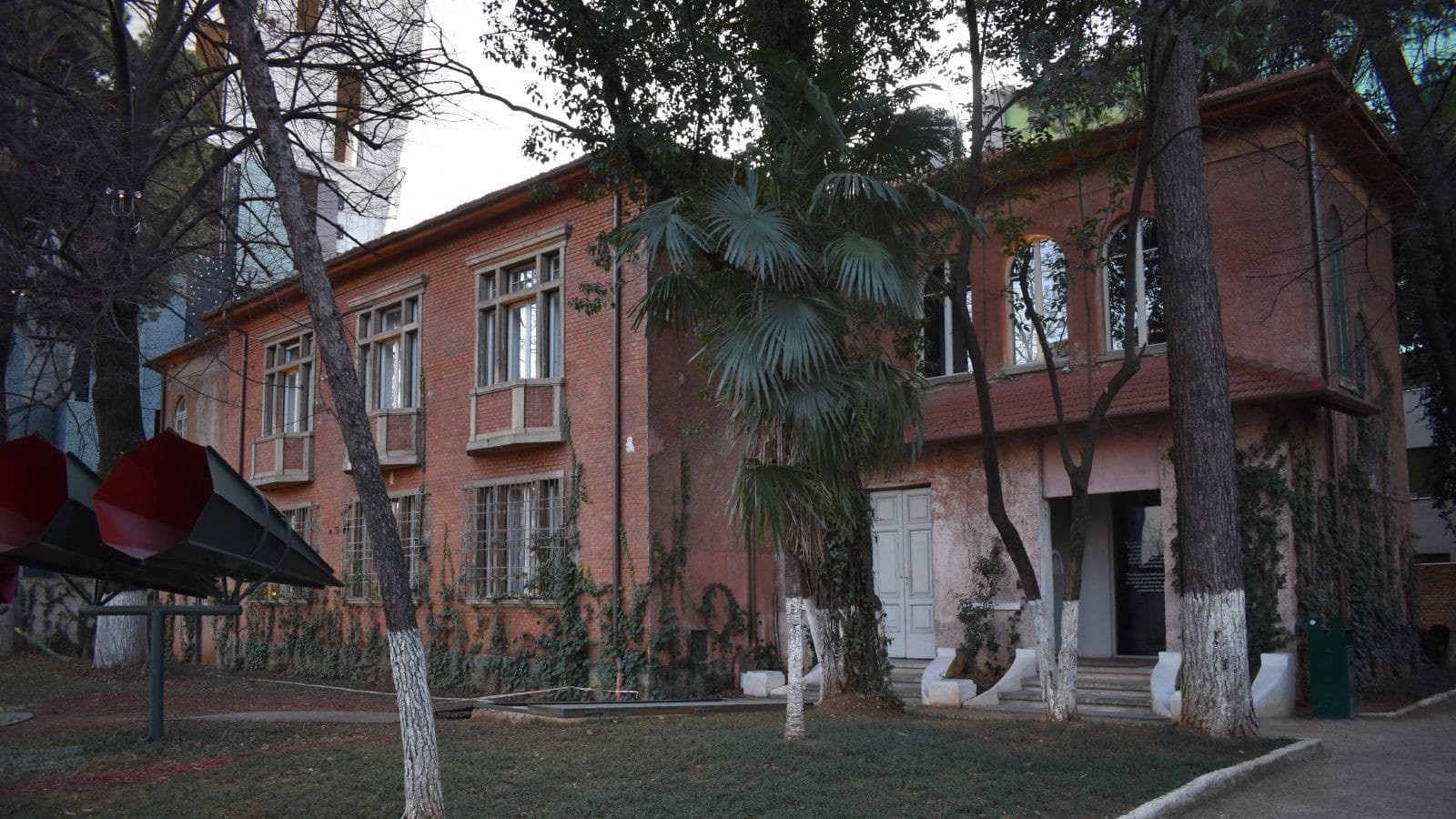Albania’s current disarray is rooted in its failure to come to terms with its bloody past – which has created a climate of cynicism and impunity that is still eating the soul of the nation.
Albania is flirting with political impasse. It is difficult to even tell a coherent story of how and why. I believe, though, that the source of the recent absurd crisis lies primarily in the fact that Albanian political parties have stopped representing the interests and needs of the Albanian citizens.
They “represent”, in major part, the interests and whims of their autocratic and kleptocratic leaders and the cronies who surround them. The opposition and the government live today in totally different worlds, while the President of Albania (who has co-governed with both and whose wife “owns” half of the opposition), is on the verge of becoming a political joke – though political jokes in fragile democracies usually turn into political tragedies.
There is no doubt that the Albanian society has made tremendous progress in these last 30 years. It is a real miracle that Albanians were able to survive the cruelest Stalinist regime in Eastern Europe, which destroyed the country’s very fabric. Today they dream of joining the EU, mainly because they want to overcome, once and for all, the haunting ghost of total isolation from the rest of Europe in which they lived for almost half a century, during the Cold War.
But at the same time, 30 years after the fall of the Stalinist regime, political rivals in Albania still see each other not as political adversaries with whom they should fiercely compete, following some democratic norms, but as enemies who have to be annihilated by all means.
The crisis of democracy in Albania these days should be seen also as part of the same serious crisis taking place in Europe and worldwide. In Albania, a still fragile democracy, the global crisis of democracy is perhaps reflected in its sorest consequences.
Aside from the purely political dimension to this crisis, however, Albania has to face a deep moral and existential problem linked to the concepts of justice and memory.
For the last 80 years, either under totalitarianism or under pluralism, the political life of Albania can be told as the painful story of a continuous crime without punishment. This, in turn, has engendered a prevailing moral nihilism and cynicism that is eating away at the soul of the nation.
It is remarkable that in Albania the victims of the totalitarian regime – some of whom are still searching for the graves of loved ones executed by the former regime – never took revenge on their persecutors.
If bloodshed was avoided in Albania, it was because of a transcendent act of forgiveness. But at the same time there was not what the French call Le devoir de mémoire – the moral duty to remember the past in order to draw political and moral lessons for the future.
The dominating narrative after the fall of the regime, that “we were all both persecutors and persecuted”, paved the way to equalizing perpetrators and victims and, as a consequence, to moral nihilism.
The post-totalitarian political bodies that were meant to address the crimes of the regime were often led by people who had been part of that same system. While they often unleashed campaigns of hysterical and ludicrous anti-communism, they showed no real interest in seriously dealing with a complex and painful past.
Albanian citizens today still do not have free access to the archives of the infamous Sigurimi, the secret police of the communist regime. Albania never established a Truth and Reconciliation Commission for the period of totalitarianism.
Albania is perhaps the only nation among the former-communist countries where people who should have been excluded from political life are sitting as MPs in the parliament, still bragging about how proud they were to serve a criminal regime, as Spartak Braho, a Socialist Party MP, does to this day.
Albania is possibly the only former-communist country where a former gulag chief of police, Edmond Caja, who led the bloody repression of the uprising of political prisoners in Qafe Bari in 1984 (one of the most fearsome Albanian gulags), publicly threatens and smears victims and survivors in 2019.
Moreover, his vicious slurs are published in major daily newspapers like sensational news in order to entertain the audiences. Albania is the only country among the former-totalitarian countries where the widow of the dictator Enver Hoxha, one of the cruelest dictators in modern European history, can comfortably appear on the front page of a major newspaper, insulting those who dare to investigate the crimes of the regime.
It’s not just sheer coincidence, I believe, that everything that I mention is happening as the political crisis is deepening. There is an organic link between the political and the moral disarray of an entire society, which feels that the perpetrators, under totalitarianism or under pluralism, are never brought to moral and institutional justice.
We were not all persecutors and persecuted. Some were perpetrators and some others were victims. Some were the executioners and others were the executed. Slogans like “We are all victims and perpetrators”, regarding the totalitarian political past, and, “We are all corrupt and victims of corruption”, regarding the kleptocratic political present, are ruled by the same nihilistic logic.
They end up eliminating all sense of individual responsibility, rewarding the perpetrators and turning impunity into a political way of life.
Albania needs moral and institutional justice in order to reconcile with itself. Without this, a culture of dialogue and bipartisan cooperation will never take root in the political life of the nation. Lack of justice is what is leading to a rampant moral nihilism and surrender that is turning all the successes of our society into dramatic failures.
Gazmend Kapllani is a polyglot author and journalist. He lives and teaches in Chicago, IL. His new and fourth novel “Wrongland”, published already in Albanian and Greek, will appear in French this coming September (Ed. Intervalles). In his works of fiction Kapllani explores how totalitarianism, immigration, borders, and Balkan history have shaped private lives and personal narratives.
The opinions expressed are those of the author and do not necessarily reflect the views of BIRN. Copyright Project Syndicate. Not for republication.


